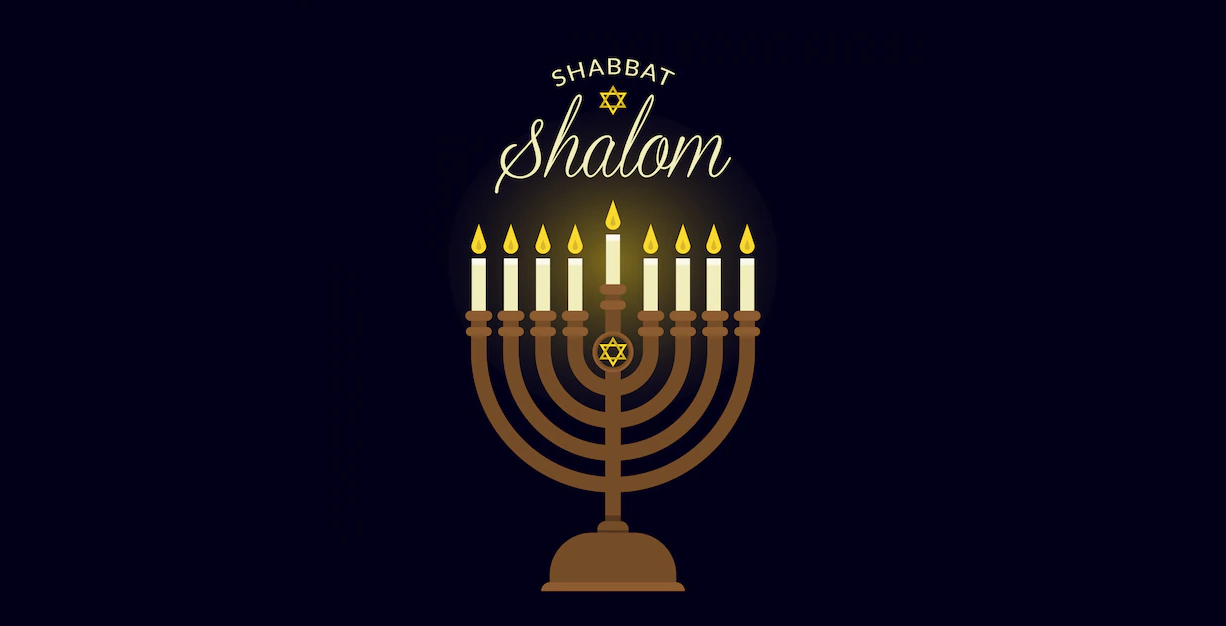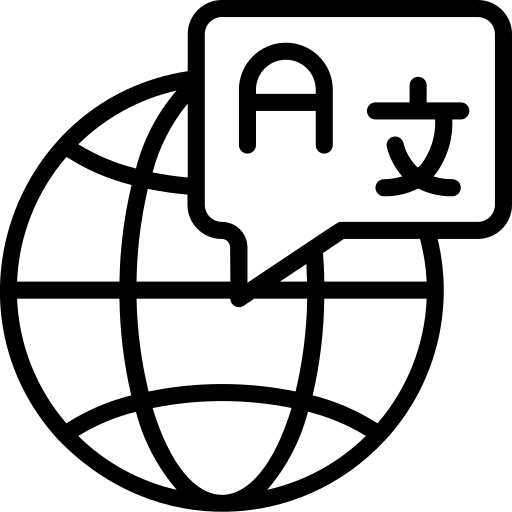
TORAH TEACHING
Video Blog, Worship / Avodah
EREV SHABBAT: EVERY FRIDAY AFTER SUNSET
SHABBAT MORNING SERVICE: COMMENCE EXACTLY @10:30AM EVERY SATURDAY
MUSIC / DANCE MINISTRIES / LITURGY / TORAH / BIBLE STUDY
KBY welcome everyone who has gift/love for music and dance to the worship ministries as it’s been formed currently and once formed we’ll not allow everyone to dance with the worship team during service. Please understand that the ministry of dance is a Spirit-led one which also requires practice and commitment. If you would like to dance, please speak with the Dance Worship leader about joining the team.
RABBI DRASH
The Inside Story on Passover 5784.
Nisan 19, 5784 / April 27, Sat. 2024
By Rabbi Yitzhak Avraam
In each one of us there is an Egypt and a Pharaoh and a Moses and Freedom in a Promised Land. And every point in time is an opportunity for another Exodus.
Egypt is anything that chains you down, constraining you from growth and improvement. And Pharaoh is that voice inside that mocks your gambit to escape, saying, “Why improve? How could you attempt being today something you were not yesterday? Don’t you know who you are?”
Moses is the liberator, the infinite force deep within, an impetuous and all-powerful drive to break out from any bondage, to always transcend, to connect with that which has no limit. But Freedom and the Promised Land are not static elements that lie in wait. They are your own achievements which you may create at any moment, in anything that you do, simply by breaking free from that chain, that bond you down.
Last Passover you may not have yet begun to light a candle. Or some other mitzvah still waits for you to fulfill its full potential. This year, defy Pharaoh and light up your world, with unlimited light!
Shabbat Shalom!!!
EXODUS by Bob Marley
[Intro]
Exodus, Movement of Jah people! Oh-oh-oh, yea-eah!
Heaven will tell to let me tell you this
[Verse 1]
Men and people will fight ya down, tell me why!
(When ya see Jah light) Ha-ha-ha-ha-ha-ha-ha!
Let me tell you if you’re not wrong; then, why?
(Everything is alright)
So we gonna walk – alright! – through de roads of creation:
We the generation, tell me why!
(Trod through great tribulation) Trod through great tribulation
[Chorus]
Exodus, alright! Movement of Jah people
Oh, yeah! O-oo, yeah! Alright!
Exodus, Movement of Jah people! Oh, Hell
[Verse 2]
Yeah-yeah-yeah, well!
Uh! Open your eyes (And look within)
Are you satisfied? (With the life you’re livin’?) Uh!
We know where we’re goin’, uh!
We know where we’re from
We’re leavin’ Babylon
We’re goin’ to our Fatherland
[Chorus]
[Verse 3]
Open your eyes and look within:
Are you satisfied with the life you’re livin’?
We know where we’re goin’;
We know where we’re from
We’re leavin’ Babylon, y’all!
We’re goin’ to our Father’s land
[Chorus]
Jah come to break downpression
Rule equality
Wipe away transgression
Set the captives free
[Chorus]
LAST WEEK
Parashat Metzora 5784
Diploma versus Experience
Nisan 12, 5784 / April 20, Sat. 2024
By Rabbi Yitzhak Avraam
Over the past few years’ sports fans have witnessed the retirement of some of the greatest athletes in professional sports. Typically, it is the older fans who feel a sense of appreciation as to how much that player who played past his prime meant to the game. Everybody sees the great prospects, and the rookies having great seasons but you always wonder which athlete will be the one to outlast his or her peers. Who will be the one to play and contribute to the team and the game on the high level they did early on? What is the secret of longevity that allows certain athletes to continue to play while others are now just watching from their living rooms?
The answer lies in two words Koach/strength and Chochmah/wisdom. The very basic instinct of survival of any creature on Earth depends on what talent they use. When a young person does something that requires a certain skill set, they typically rely on the physical strength that a young person has. But as they get older and their physical strength diminishes it requires a new skill set to accomplish those same things. Perhaps some of that skill set is technique and perhaps more important is using their brains to figure out other ways of doing the same thing when they were younger but without the muscle. The athletes who play into their late thirties and early forties learned to play the game with more brains than physical power and skill.
The average person learns this lesson the hard way. Take me for example; I try to do things I did ten, twenty, thirty years ago only to have a sore back, pulled muscle and the like. I physically can’t compete the same way I did, but I try to compensate by playing smarter and using my experience over the younger aged players. This strategy should be implemented in all areas of life, it works for athletes and players and it should work for us as well.
I would like to suggest a radical idea that some may find comfort in while others contend it to be borderline heresy. Perhaps the theory of using our intellect over our physical strength is not limited to the secular but also to the spiritual. As we prepare for Pesach we learn about all that needs to be done in getting rid of our Chometz. There are a number of ways to rid oneself of Chometz before Pesach; clean it all out, sell it all or use the halachik principle of ‘Bittul’/ nullification. As a youngster my siblings and I physically cleaned every inch of the house. As I get older, I realize that there are physical limitations that I and certainly people older than I have. Getting older requires a different kind of ridding Chometz and perhaps it is through the mind and using Bittul nullification to get the job done.
In truth it is the Torah and Chazal who gave us this outlook on how to maintain the status quo and perhaps keep a qualitative edge as we get older. It is the smart and intelligent athletes who are using the advice of the Torah, not Chas V’Shalom the Torah learning from mankind. It sounds like a simple method to approach matters as we age, unfortunately we don’t necessarily think before we act.
This basic fundamental lesson can be gleaned from the very beginning of our parsha. Please keep in mind that this week’s parshas Metzora which discusses the purification of a metzora is deeply connected to last week’s parsha Tazria. Usually they are read together, except in a leap year they are split but they both speak about Tzaraat and all of its teachings. In this week’s Parsha Metzora it states in Vayikra 14:2 “Zos T’Heyeh Toras HaMetzorah B’Yom Taharaso, V’Huva El HaKohain”. “These are the laws of the Metzora on the day of his purification he is brought to the Kohain”. But in the very next verse the Torah states: “V’Yatzah HaKohein El Michutz LaMachaneh V’Ra’ah HaKohain V’Hinei Nirpa Nega Hatzoraas Min HaTzarua”. “The Kohein shall go outside the camp, where he shall examine the metzora to determine that the leprous mark has healed”. Rav Zvi Elimelech Spira* in his sefer Igra D’Kalah expounds upon who and which Kohein is going out. Rav Spira says that it is a “Gezeiras HaKasuv” a special Biblical ruling that even a Kohein whom is an Am HaAretz, someone who is ignorant of the laws can still go out and declare tzaraat! How can this be so? The Gezeiras HaKasuv instructs a Kohain scholar to accompany the ignorant Kohein and tell him what the law is for the particular question if it is tzaraat or not. Whatever the scholarly Kohain declares the ignorant Kohain then repeats it.
Whether he declares the person Tahor or Tamei (pure or impure) the ignorant Kohain repeats the ruling and it is so. Perhaps one might think there is no need for the ignorant Kohein to see or look at the tzaraat because; number one he is not an expert and number two he is just going to repeat the decision of what it is from the knowledgeable Priest. Therefore, the Torah points out the Kohain first goes out and then again specifically he the Kohain looks at it. By looking at it he gains the experience of what it really looks like.
The lesson to be learned is that there are many ways we can learn and accomplish things in life. Particularly when our bodies and minds change over a lifetime. God gave us resources to face the challenges of not only surviving but thriving in life. It is incumbent for each and every person to become a contributing member of society no matter what their physical or mental abilities are. We need to go out and see for ourselves and learn from others what a particular situation calls for. Even when we get older and physically limited, we still go out and contribute with our experience and mental capabilities.
It is interesting to note that Leviim worked until a certain age and were then given advisory roles or desk jobs. I could not find the same set of standards for a Kohain and his service at least in checking Tzaraat. Perhaps an alternative idea would refer to the aging Kohein whose eye sight maybe failing him. As he could no longer declare someone Tahor or Tamei of Tzoraas would we send him along with another Kohein who would declare and have the older Kohain who does not see well just repeat what the healthy Kohein told him. This way the Kohein still feels useful and helpful in his role and maintains his dignity even later in life. I pray that Hashem should grant us all the ability to play the game of life way past our prime (Amen).
Shabbat Shalom!!!
